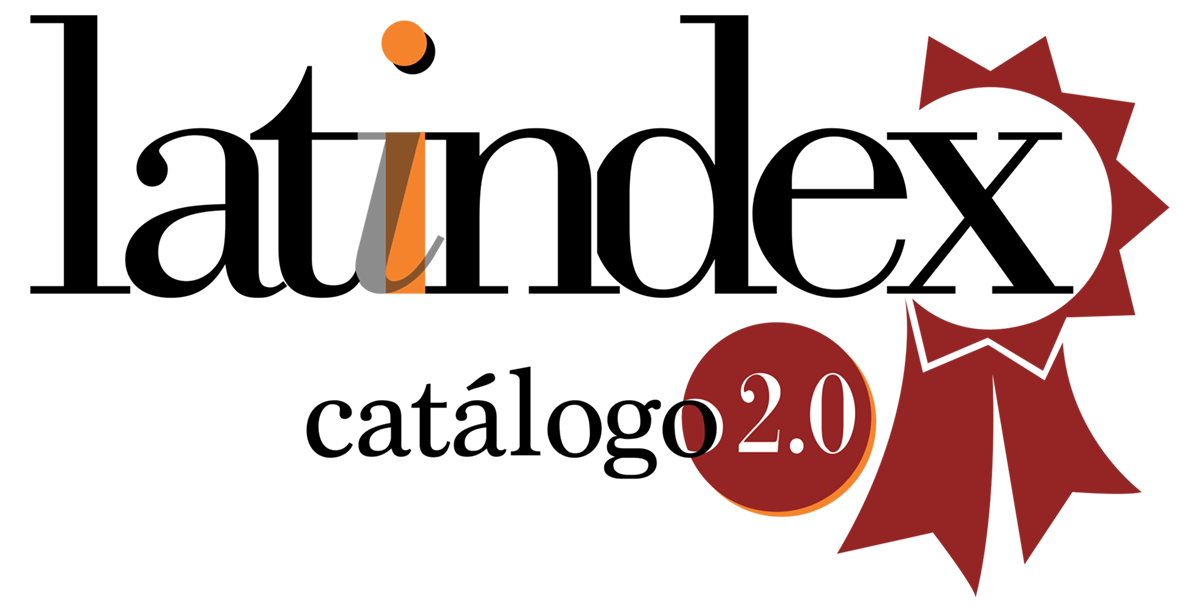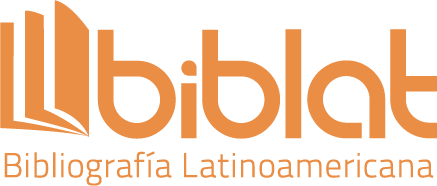Tools for Teacher Training: Community Leadership, Mentoring Networks, and Learning Communities
DOI:
https://doi.org/10.62407/rces.v2i2.45Keywords:
Education, leadership, learning community, mentoring networkAbstract
For effective teacher training, it is essential to promote their training and provide them with the necessary tools for proper educational management. The availability of relevant and pertinent tools is key to developing educational work that meets the needs of both students and society in general. Leadership is a broad and multifaceted topic that has been studied in various contexts, including education. The present study consists of a literature review about the information available as an approach to an educational strategy based on these concepts and how they can influence the performance and development of students, teaching staff and the operation of educational institutions. It is considered that teachers and social leaders seek to achieve educational objectives, developing tutoring networks as an innovative strategy to fill the gaps in learning communities.
Downloads
References
Barojas, J.; Martínez, M. (2021). Evaluación del desarrollo de comunidades de aprendizaje. Revista Nueva Educación Latinoamericana. Volumen (2). 13-18. https://revista.ilce.edu.mx/images/pdf/articulos/sep2021_no2.pdf
Cámara, G. (2010). Un cambio sustentable: La comunidad de aprendizaje en grupos de maestros y alumnos de educación básica. Perfiles educativos, 32(130), 122-135. http://www.scielo.org.mx/scielo.php?script=sci_arttext&pid=S0185-26982010000400008&lng=es&tlng=es
Coppens, F. y Van de Velde, H. (2005). Técnicas de educación popular. Programa de Especialización en Gestión del Desarrollo Comunitario, CURN/CICAP.
De Izarra., J., Rivas, H. C. P., Ozaetta, C. S. (2020). Retos del liderazgo comunitario frente a los paradigmas de la gestión social. Journal of business and entrepreneurial studies: JBES, 4(1), 4. https://dialnet.unirioja.es/servlet/articulo?codigo=7472719
Elboj, C.; Puigdellivol, I.; Soler, M.; Valls, R. (2006). Comunidades de aprendizaje. Transformar la educación. Editorial Graó
Escribano Hervis, E. (2018). El desempeño del docente como factor asociado a la calidad educativa en América Latina. Revista Educación, 42(2), 717-739. DOI10.15517/REVEDU.V42I2.27033
Flecha R. y Puigvert, L. (2005). Formación del profesorado en las comunidades de aprendizaje. Revista Colombiana de Educación. Volumen (48),12-36. doi.org/10.17227/01203916.7715
Reyes, G., Hernández, O., González, F., (2019) Liderazgo comunitario y su influencia en la sociedad como mejora del entorno rural. Revista INNOVA ITFIP. 5 (1). 15 – 27.
http://www.revistainnovaitfip.com/index.php/innovajournal/article/view/52/71
Rincón-Gallardo, S. (2013). La tutoría para el aprendizaje independiente como práctica y principio rector del cambio educativo en escuelas públicas mexicanas. Didac-61. La tutoría en la educación, 58-64. http://revistas.ibero.mx/didac/articulo_detalle.php?id_volumen =14&id_articulo=171
Rojas Andrade, R. (2013). El liderazgo comunitario y su importancia en la intervención comunitaria. Psicología para América latina, (25), 57-76.
Rojas, G. E. R., Núñez, O. G. H., & Díaz, F. G. (2019). Liderazgo comunitario y su influencia en la sociedad como mejora del entorno rural. Revista Innova ITFIP, 5(1), 15-27. http://pepsic.bvsalud.org/pdf/psilat/n25/a05.pdf
Solorzano, C. (2016). Redes de tutoría. Análisis de un proyecto de educación básica alternativa. Universidad Autónoma Metropolitana Unidad Xochimilco. https://repositorio.xoc.uam.mx/jspui/bitstream/123456789/1692/1/181126.pdf
Downloads
Published
How to Cite
Issue
Section
License
Copyright (c) 2023 Revista Científica de Estudios Sociales

This work is licensed under a Creative Commons Attribution-NonCommercial-ShareAlike 4.0 International License.



















